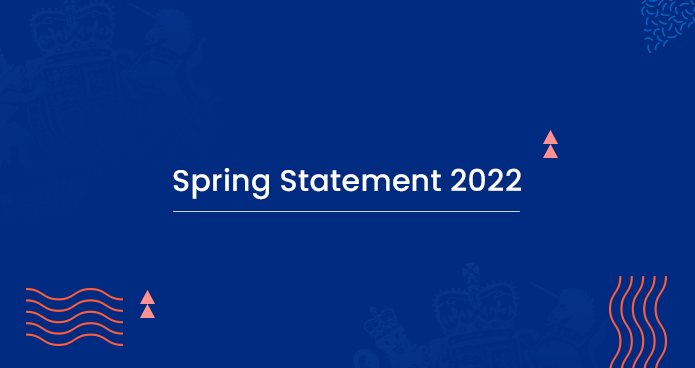Intro to Budget 2022
Threshold rises and cuts, employment allowance, and the health and social care levy. How the Chancellor Rishi Sunak Budget 2022 will affect your business.
National Insurance Threshold is Rising
The National Insurance contributions threshold will rise in July from £9,880 to £12,570, this means anyone earning a salary lower than £12,570 per year will no longer have to pay National Insurance Contributions. Chancellor Rishi Sunak has described this as the “largest single person tax cut in decades” and that this is a “tax cut that rewards work.” National insurance contributions will now come into line with the personal tax allowance, with 70% of those who pay National Insurance Contributions will have their tax cut by more than what they will pay in the new Health and Social Care Levy.
What is the Health and Social Care Levy?
The Health and Social Care Levy bill is to create funding for health and social care services, looking after the NHS that we all love. This levy will mean that employers and employees over the threshold will both pay a 1.25% rise on their National Insurance contributions from April.
Currently, the levy contributions will be included in the National Insurance part of your payslips, however, from April 2023 the levy will appear on a separate line on your payslips. The Health and Social Care Levy has come at a time when the cost of living has increased, making the levy very unpopular with a grumpy public. However, the levy is essential to the NHS funding, and while the funding for the NHS is needed the levy will stay.
What is the increase in employment and support allowance?
Chancellor Rishi Sunak also announced there will be further increases to the employment allowance from April this year, this means that businesses could have their employer's National Insurance Contributions reduced by up to £5,000 per year if the employers are considered eligible.
What makes you and your business eligible?
Sole traders, limited companies, and partnerships with one or more employees liable for class 1 National Insurance contributions are eligible for this employment allowance if their total National Insurance liabilities are less than £100,000.
How will this affect your business?
The effects on your business will be very up and down with those increases in the National Insurance Contributions and dividend tax rate by 1.25% which means the increase is not limited only to employees, business owners are also required to pay more on profits.
Will the job recruitment industry flourish once again?
Depending on how you pay your employees, and with the introduction of the health and social care levy and increase in primary threshold, you will more than likely see more of an increase than a cut if taking a higher salary. However, with an increase in primary threshold and employment allowance coming into effect you will be able to hire four full-time employees on the national living wage without paying employers National Insurance Contributions, a suitable time to get hiring!













